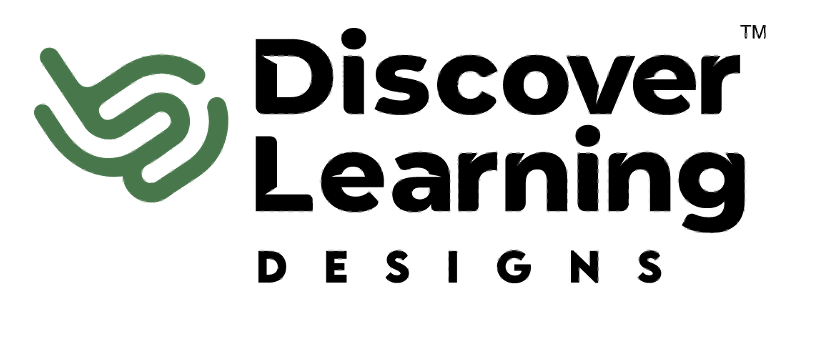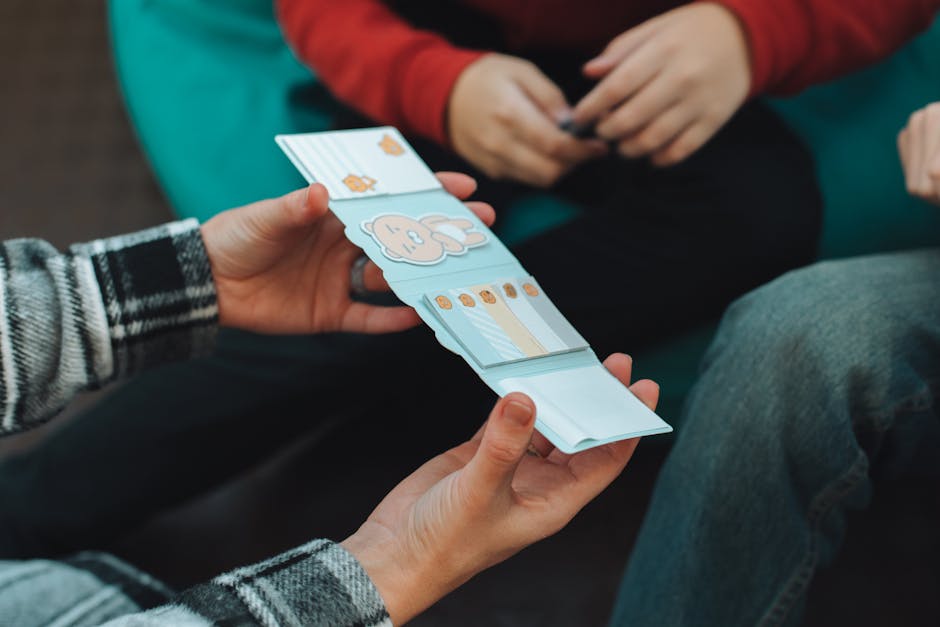The Future of Learning Design: Integrating Instructional Strategies for Enhanced Engagement
In a rapidly evolving educational landscape, the integration of innovative instructional strategies stands at the forefront, paving the way for a future where engagement and learning efficiency are paramount. Discover how these methodologies are shaping the next generation of educational experiences.
Evolving Learning Environments: The Shift Towards Interactive Models
The shift towards interactive learning environments marks a significant step in the evolution of educational methodologies. Approaching the horizon, traditional lecture-based models gradually fade, giving way to more dynamic, student-centred frameworks. These environments not only encourage active participation but also ensure that students play a pivotal role in their learning journey.
As educators seek to adapt to these changes, they employ a variety of tools and technologies designed to foster interactive learning. From augmented reality to collaborative online platforms, the integration of technology amplifies the effectiveness of interactive models, making learning not only more accessible but also more engaging.
The Role of Instructional Strategies in Modern Education
In the context of modern education, instructional strategies serve as the backbone of pedagogical innovation. By carefully selecting and applying the right strategies, educators can significantly enhance student engagement and comprehension. These strategies range from differentiated instruction and gamification to problem-based learning, each tailored to meet the diverse needs of learners.
Effective instructional strategies are characterised by their adaptability and relevance to real-world scenarios, enabling learners to apply their knowledge in practical settings. This relevancy is crucial for motivating students and promoting deeper understanding. Furthermore, incorporating feedback mechanisms within these strategies plays a vital role in the continuous improvement of the learning experience.
Key Instructional Strategies for Enhancing Student Engagement
Among the various instructional strategies, a few stand out for their profound impact on student engagement. Problem-based learning, for instance, encourages learners to tackle real-life challenges, fostering critical thinking and collaborative skills. Similarly, gamification, with its integration of game design elements in educational contexts, has been shown to boost motivation and engagement by making learning more fun and competitive.
Flipped classroom models have also gained traction, flipping the traditional classroom setting on its head by encouraging students to engage with lecture materials at home and apply what they’ve learned through practical activities in class. This strategy not only enhances engagement but also allows for more personalised instruction.
Integrating Technology with Instructional Strategies for Interactive Learning
Technology integration plays a crucial role in modernising instructional strategies, bridging the gap between traditional teaching methods and the expectations of digital natives. Through the use of interactive whiteboards, educational apps, and virtual classrooms, educators can create immersive learning experiences that cater to varied learning styles.
One of the most significant benefits of integrating technology with instructional strategies is the potential for data-driven insights. Educational technologies often provide analytics that can help educators identify student strengths, weaknesses, and engagement levels, enabling them to tailor their instruction more effectively.
Moreover, the use of collaborative online platforms empowers students to work together on projects and assignments from any location, further enriching the learning experience and preparing them for the collaborative nature of the modern workforce.
The dynamic world of education continues to transform, with instructional strategies playing a pivotal role in crafting engaging, effective, and interactive learning environments. As we look to the future, these strategies will undeniably be the keystones of innovative educational design, fostering a landscape ripe with opportunities for learner engagement and success.
Office
E: info@discoverlearning.com.au
Ph: 1300 208 943
Michael Peart
E: michael@discoverlearning.com.au
Ph: 0434 075 231
Bianca Schimizzi
E: bianca@discoverlearning.com.au
Ph: 0416 013 623

